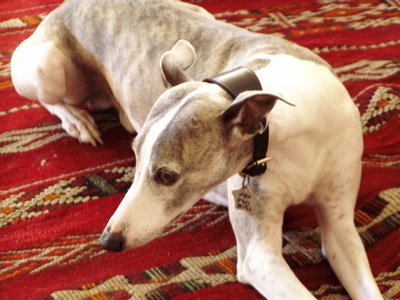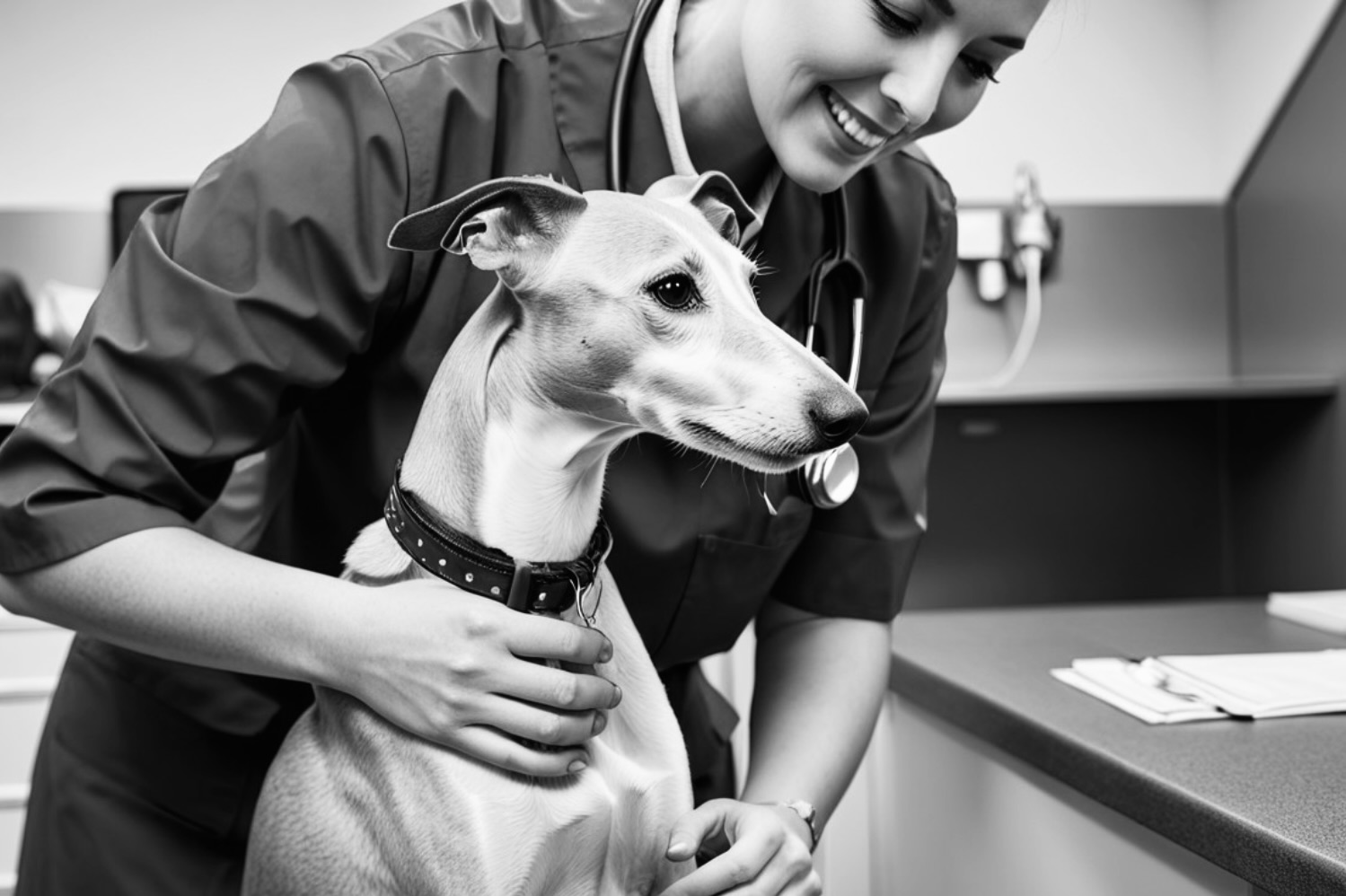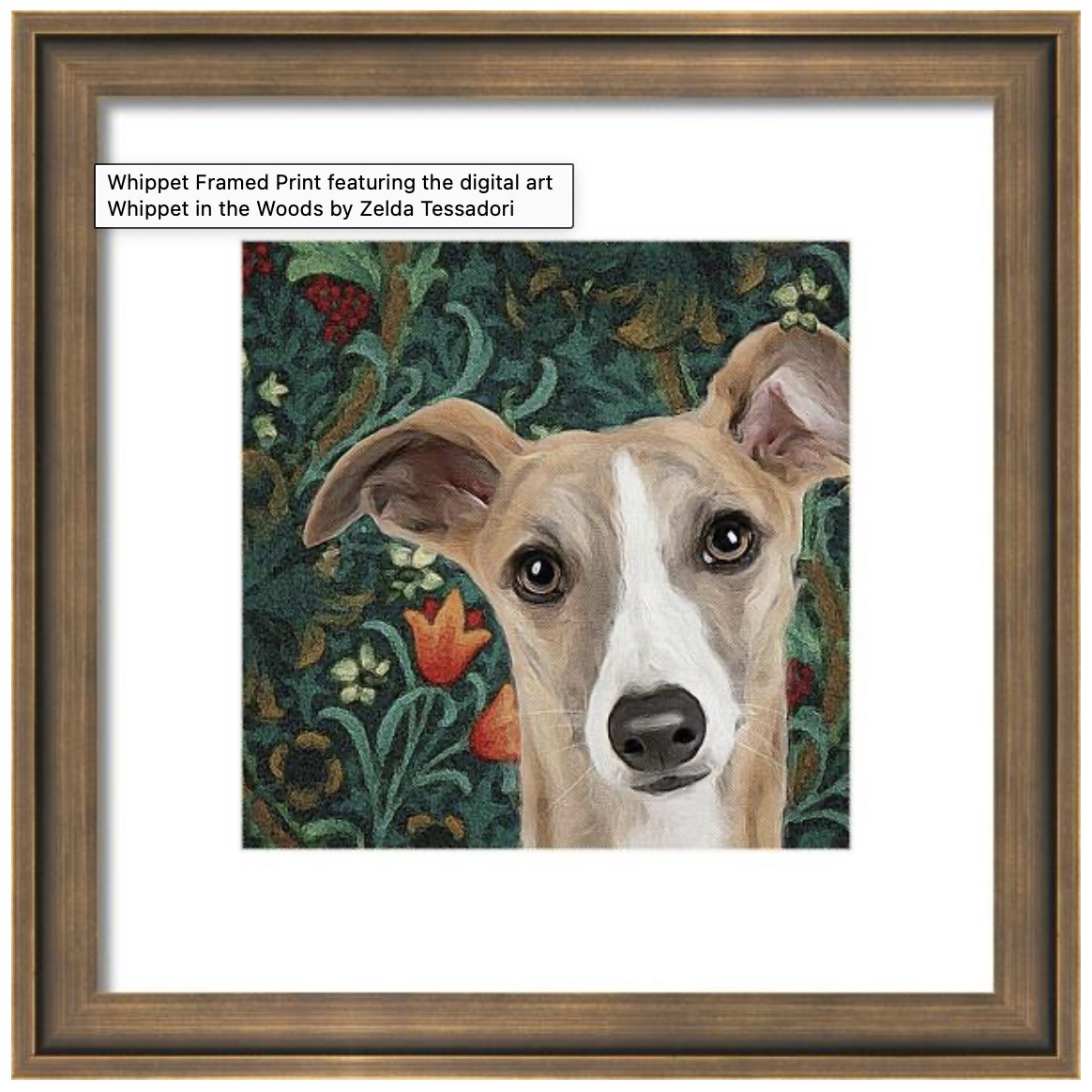Ask a Vet Online Free
5 Best Veterinarian Online Websites
To ask a vet online free is not like as a real visit to the clinic but it can help you when in doubt. I listed here 5 of the best ask-a-vet-online services.
Of course nothing can replace a visit at your local vet but if you are in doubt or your usual doctor is not available, in these ask the vet online free pages you can check your dog's symptoms and receive immediate advice about the most effective measures you can take.

Check out the Best Ask a Vet Online Free
If you're looking for free online veterinary help, there are several reliable websites and services where you can get guidance for your pet’s health. Here are five of the best
A service that offers free advice via an online symptom checker and provides initial consultations with qualified veterinarians. You can describe symptoms, and they give potential diagnoses or advice. They also have a forum where you can ask questions.
This ask a vet online free service offers free basic advice on pet health. You can get a quick response to common pet health issues from licensed vets. They have both free and paid options, but the free service gives you basic insights into your pet’s condition.
PetCoach offers free consultations with vets for general advice on your pet’s health. It’s a community-driven platform where users can ask questions about their pets, and licensed veterinarians provide answers.
While JustAnswer isn't completely free, it does offer a free trial for new users where you can ask a veterinarian questions without charge during the trial period. After the trial, it switches to a paid service.
While this site doesn’t provide direct free consultations, it offers a wide range of articles, tips, and guides written by veterinarians. It’s a great resource for learning about common pet health concerns, treatments, and prevention tips.
These ask a vet online free services are useful for minor or general concerns, but if your pet has a serious medical issue, it’s always best to seek in-person care.

Whippets at the Vet Office
Whippets are generally calm and well-behaved at the veterinary office, a real vet dream, but like any dog, their behavior can vary depending on the individual dog's temperament and past experiences. Here are some common behaviors you might observe in whippets at the vet.
Calm and reserved: Whippets are often quite gentle and may appear calm and composed when they’re at the vet. They are usually not hyperactive, and many are patient during exams, which makes them easier to handle.
Shy or anxious: While whippets are typically calm, some may feel nervous in a new environment or when they sense unfamiliar smells. They can be a bit shy or anxious, especially if they are not used to vet visits or haven't been socialized much.
Quiet and still: Whippets tend to be more laid-back dogs, so they may be less likely to bark or whine at the vet. They might sit or lie down quietly, awaiting attention.
Sensitive to touch: Whippets are known for their sensitivity, so they might react more to being handled, especially during procedures that involve touching their skin or muscles. If they’re in pain or discomfort, they might flinch or shy away from touch.
Social with people: Many whippets enjoy human interaction and may seek attention or affection from the vet staff. They may wag their tails or show excitement when meeting someone new.
If you're preparing to take your whippet to the vet, it's a good idea to bring along familiar items like their favorite blanket or a comforting toy to help them feel more at ease.
Additionally, if your dog is anxious, gradual desensitization to the vet’s office or using calming aids (like pheromone sprays or anxiety wraps) might be helpful.
More about Whippet Care
Whippets are a very healthy, low maintenance dog breed and your visit to the vet will probably be only for routine vaccinations and the occasional skin tear or running injury.
We listed below some links to pages about common problems and routine care that will keep your whippet in top condition.
Some dogs suffer motion sickness. Tips to help your whippet overcome it and keep your sanity.
Discover some simple home remedies for your dog health
It is not always easy to decide when to ask a veterinary for assistance. Find out when to look for a vet, what to do and what not to do in case your dog gets wounded.
A frequent cause of whippets and greyhound lameness are paw pad corn. Find out what they look like.
Dog leg injuries in whippets are not as frequent as one would think, given their incredible speed. Find out how to deal with racing dog injuries.
Find out how to groom your whippet, give him a proper manicure and take care of the most common skin problems.
Anesthesia Sensitivity
Because of their little amount of body fat sighthounds and whippets are especially sensitive to anesthesia methods that are perfectly safe for other dogs.
The drugs used successfully on other breeds can be harmful or even fatal for your whippet.
If you are not sure if your vet is aware of this sighthound peculiarity, I strongly recommend that you print this page and give it to your doctor.
I know, it may seem pedantic and you don’t want to spoil the relationship with your trusted vet but this is a very important issue, your pet life is on the line and is better be safe and pedantic than sorry.
Whippets are generally healthy and hardy dogs, but like all breeds, they can be prone to certain health conditions.
Click on this link to learn about potential health issues and help your dogs remain happy and fit for many years.
There are always more good reasons not to breed than to breed. Click on the title to read about our adventures with our little unspayed lurcher.
Take care of your dog with essential oils. Click on this link to find out about home remedies you can safely and effectively use for your dog.


